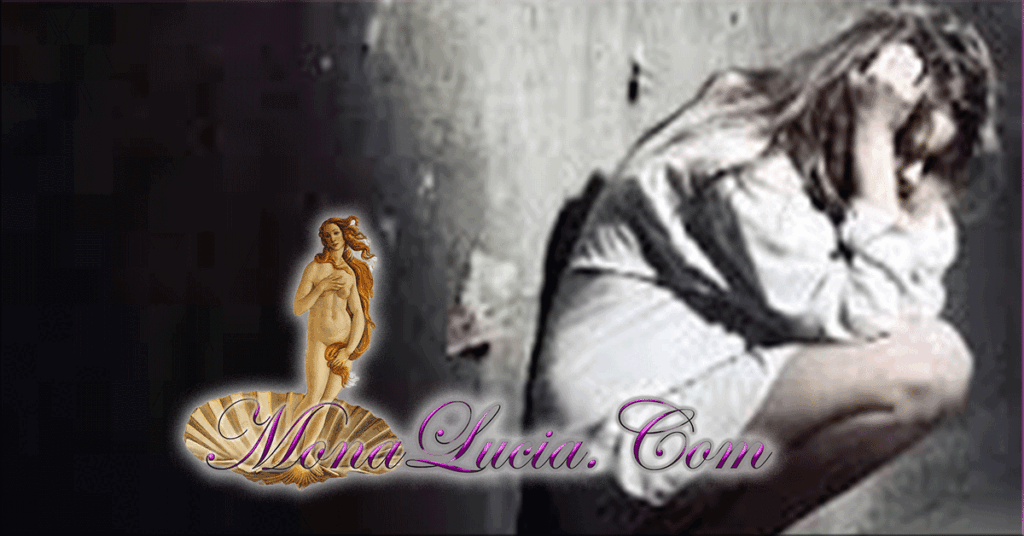We live in a very big world with billions of people in it. Having the human experience here on Earth is not an easy task. Everyone comes from different cultural backgrounds. Everyone’s experience is different. But one thing that we all have in common is everyone experiences some type of heartbreak or traumatic event sometime in their life. The severity of it will differ from person to person but we can all agree that we will have to deal with something traumatic at least once in our lives.
Living with post-traumatic stress disorder (PTSD) can be a challenging and a complex experience that affects various aspects of a person’s life. PTSD often develops after exposure to a traumatic event, such as combat, assault, natural disasters, accidents, or other life-threatening situations. The symptoms of PTSD can be intrusive, persistent, and disruptive, impacting one’s mental, emotional, and physical well-being.
To give you my experience, I will share a little of my personal story with you.
I did not grow up with my father. My mother, may she rest in peace, tried the best she could in the absence of my father. My mother, who also had PTSD from her childhood, probably wasn’t aware of the trauma that she stored in her body. Looking back on her behavior, it was a checklist of someone suffering from PTSD. She was very absent from me when I was a little girl and into adulthood. Not absent in a physical way but absent in emotion. I was left alone for countless hours while she slept off her depression. I was also left in the care of a family member who wasn’t so nice to me, if you can read between the lines on that one.
My Mother decided to get remarried again when I was around the age of 7. The only reason she decided to get remarried was because she was codependent and could not care for herself. I remember having to take care of my mother as a little girl before she got remarried. My stepfather was very abusive to my mother and to me as well.
It wasn’t until recently that I realized how growing up in this toxic environment skewed my view on relationships. I had viewed toxic relationships as normal.
While there is a slew of other incidents that happened to me that further perpetuated my PTSD, we will stay on the topic of childhood trauma. That’s where the seed of trauma is planted and then it goes from there. It neurologically does damage to the brain. Have you ever heard the term, “what fires together, wires together”? Doctors have proven this.
People with PTSD may experience intrusive memories and flashbacks, where they feel as if they are reliving the traumatic event. These episodes can be triggered by various stimuli, making it challenging to navigate everyday life without being reminded of the trauma. People often experience heightened levels of arousal and hypervigilance, making them constantly alert and on edge. This heightened state of arousal can lead to difficulty sleeping, irritability, and an exaggerated startle response.
To cope with the distressing symptoms, individuals with PTSD may develop avoidance behaviors. This can involve avoiding places, people, or activities associated with the traumatic event. They may also numb their emotions to cope with overwhelming feelings.
PTSD can strain relationships with family, friends, and romantic relationships. The emotional distance created by avoidance behaviors or mood swings can make it challenging for individuals with PTSD to connect with others. Communication breakdowns may occur as they struggle to express their feelings and experiences.
Living with PTSD can have significant effects on both mental and physical health. Chronic stress and anxiety may contribute to other health issues, such as insomnia, headaches, and gastrointestinal problems. Coping mechanisms like substance abuse may also arise as individuals attempt to self-medicate.
Fortunately, there are effective treatments for PTSD, including therapy, medication, and support groups. Engaging in healthy coping strategies, such as mindfulness, relaxation techniques, and exercise, can also be beneficial.
While living with PTSD can be challenging, there is hope. There is recovery. Building a support network, seeking professional help, and actively participating in treatment are essential steps towards recovery.
There is growing interest in plant medicine for treating various mental health conditions, such as post-traumatic stress disorder. I am an advocate of the use of plant medicine to help alleviate the effects of PTSD and help people to recovery. For more information click here.
One major reason why I started Mona Lucia Reiki was to help people suffering from PTSD. I love doing energy work to the body to help release some of the trauma that has been stored in people’s body for years. Reiki can do wonders to the body. Even one session can make you feel lighter than when you walked in. If you are suffering from PTSD and would love to give Reiki a try, click here.
